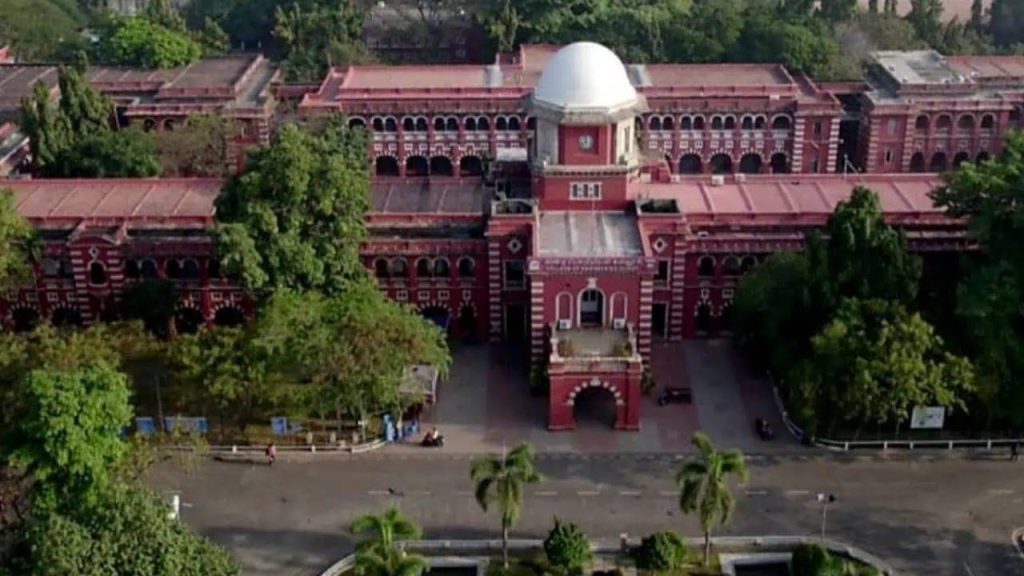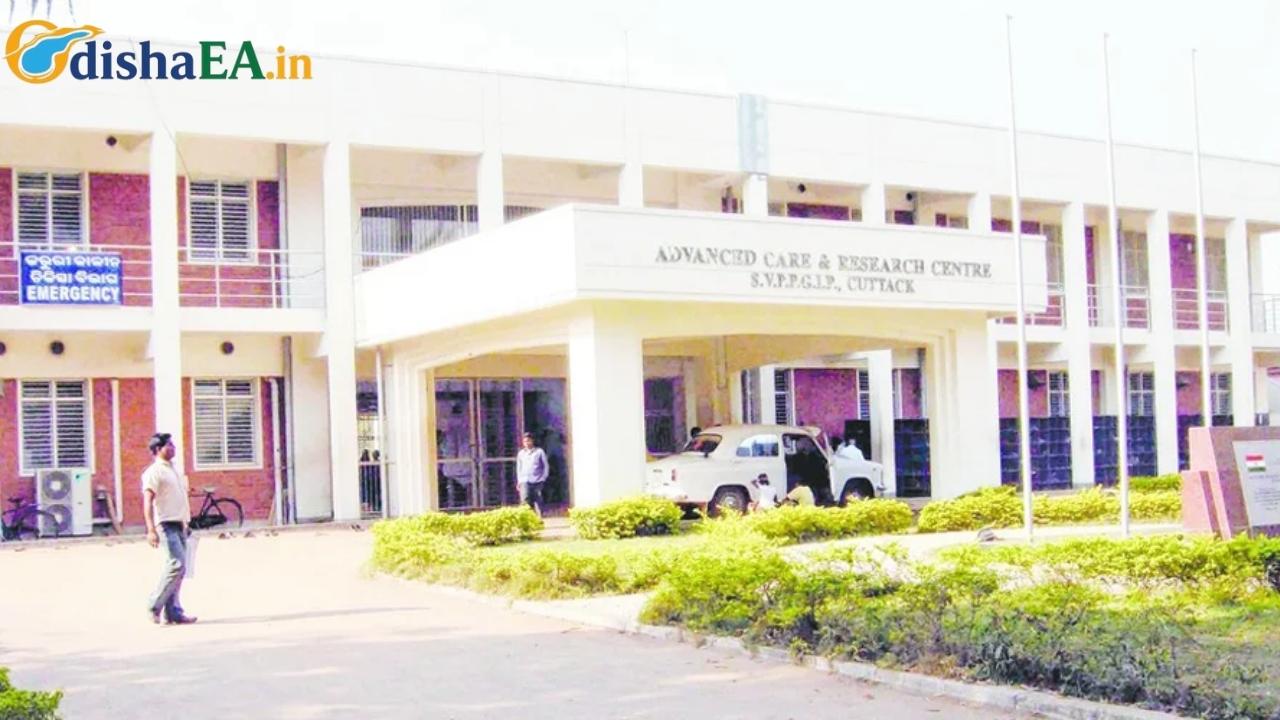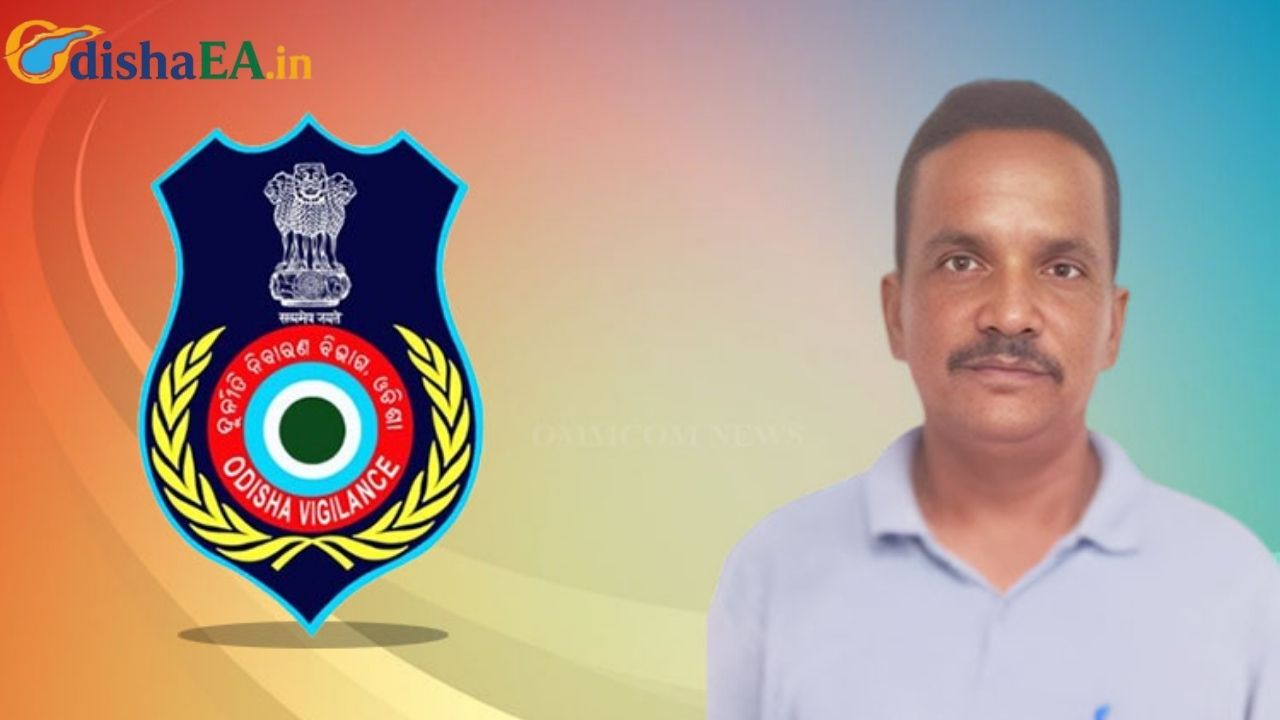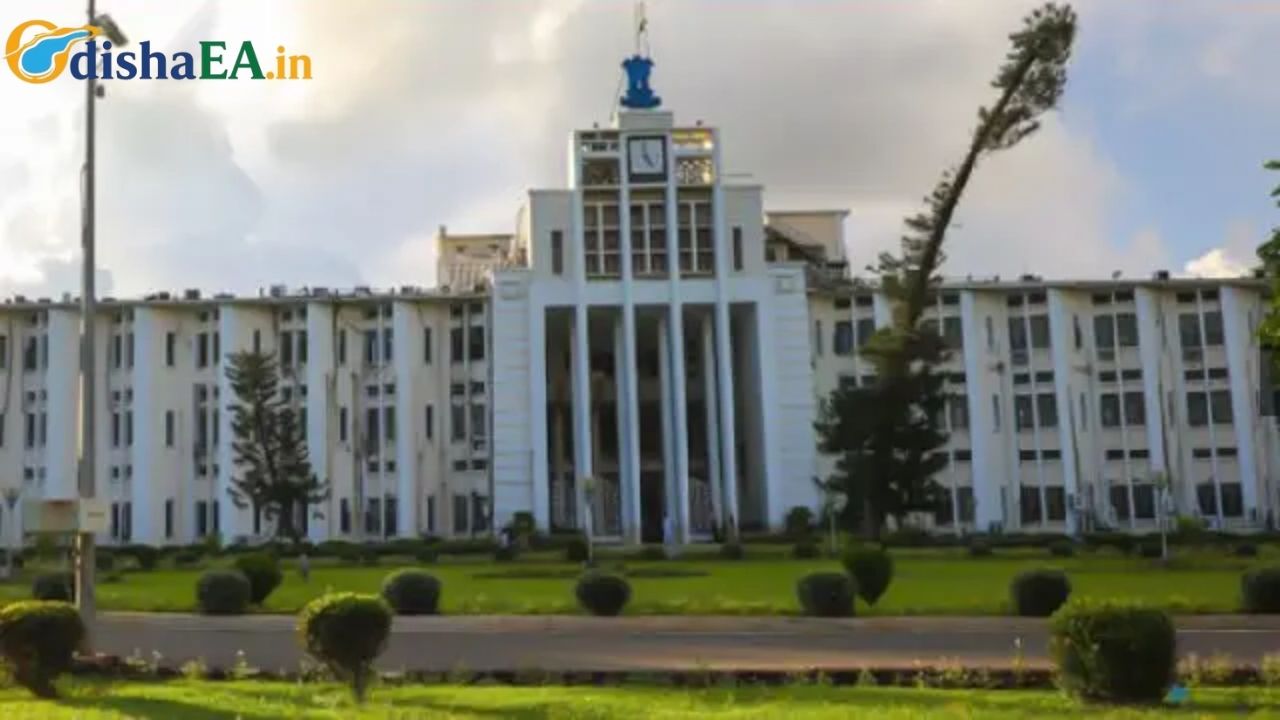The University Grants Commission (UGC), the body that oversees higher education in India, is taking immediate action after the tragic incident of a 20-year-old BEd student’s self-immolation in Balasore, Odisha. This case has brought to light serious concerns regarding student safety and the handling of harassment complaints at educational institutions. The UGC has deployed a fact-finding committee to thoroughly investigate the situation and ensure that corrective measures are implemented. Let’s break this down and explore the details of this case, the UGC’s role, and how this reflects the broader issues of student safety in educational institutions.

University Grants Commission Takes Action
| Key Point | Details |
|---|---|
| Incident | A 20-year-old BEd student set herself on fire at Fakir Mohan Autonomous College in Balasore, Odisha, on July 12, allegedly due to inaction on a harassment complaint. |
| UGC’s Response | The UGC has formed a four-member fact-finding committee to investigate the incident and assess the college’s compliance with sexual harassment prevention rules. |
| Committee Members | – Prof. Raj Kumar Mittal (Chairperson) – Prof. Sushma Yadav – Dr. Neerja Gupta – Dr. Ashima Mangla |
| Investigation Mandate | The committee will assess the circumstances surrounding the student’s death, the college’s grievance redressal mechanism, and safety measures at the institution. |
| Timeline | The committee is expected to submit its findings within seven days of its formation. |
| Political and Public Reaction | Outrage sparked by the incident, with demands for a judicial inquiry and compensation for the student’s family. |
| UGC’s Long-term Goals | Strengthen anti-harassment measures and improve grievance redressal mechanisms across educational institutions. |
For more information about the University Grants Commission, visit their official website.
The tragic death of Soumyashree Bisi has highlighted a critical issue in Indian higher education: the inadequacies in handling harassment complaints and ensuring student safety. The UGC’s formation of a fact-finding committee is a step in the right direction, but it’s clear that more systemic changes are needed to ensure that no student ever faces such despair again. Educational institutions must take responsibility for their students’ safety, and the UGC must continue to enforce strict guidelines to uphold the well-being of every individual on campus.
The Tragic Incident
On July 12, 2025, Soumyashree Bisi, a 20-year-old student at Fakir Mohan Autonomous College in Balasore, Odisha, tragically set herself on fire on the college campus. This heartbreaking act was allegedly tied to the college’s inaction on her sexual harassment complaint against a faculty member. She had reportedly filed the complaint but saw no significant response from the institution, which led to frustration, despair, and ultimately, her self-immolation.
Her death has sent shockwaves through the community and highlighted significant issues regarding the safety and well-being of students within educational institutions. This tragedy has reignited calls for stronger measures against sexual harassment in colleges and universities, which often go under-reported or mishandled.
The UGC’s Involvement
The University Grants Commission (UGC) has been thrust into the spotlight following the incident. As the regulatory body for higher education in India, the UGC is responsible for setting guidelines and ensuring compliance with standards that safeguard students. In response to the tragedy, the UGC swiftly formed a four-member fact-finding committee to look into the matter.
The committee has been tasked with investigating the circumstances surrounding the incident, evaluating the college’s compliance with UGC’s guidelines for preventing and addressing sexual harassment, and ensuring that adequate grievance redressal mechanisms were in place. The committee is also expected to assess how effectively safety measures have been implemented at the institution.
The team is chaired by Prof. Raj Kumar Mittal, a respected academician and UGC member, and includes Prof. Sushma Yadav, former UGC Commission Member, Dr. Neerja Gupta, Vice-Chancellor of Gujarat University, and Dr. Ashima Mangla, UGC Joint Secretary.
The Committee’s Task
The team’s investigation will cover several key areas, including:
- Incident Circumstances: What led to the student’s tragic decision, and was there a failure to act on her complaint?
- College’s Compliance: Did the college adhere to UGC’s Sexual Harassment Prevention Guidelines, which are mandatory for all higher educational institutions in India?
- Grievance Redressal Mechanism: Was there a proper system in place for handling student complaints, and how effective was it in this particular case?
- Safety Measures: Did the college implement adequate safety protocols to protect students from potential harm, including psychological and emotional distress?
- Institutional Culture: How does the college’s culture reflect its commitment to student safety, and what challenges exist in addressing harassment issues?
Timeline for Findings
The committee has been given a strict deadline of seven days to submit its findings and recommendations. This fast-tracked response underscores the urgency with which the UGC is handling this matter and is a reflection of the growing demand for accountability in educational institutions.
Broader Context: Sexual Harassment in Indian Universities
While this particular case has brought attention to the issue, sexual harassment and the lack of adequate response mechanisms have been long-standing concerns in Indian universities and colleges. According to a study by The National Commission for Women (NCW), a significant number of complaints related to sexual harassment in higher education remain unaddressed, and many victims face retaliation or lack of support.
In 2013, the UGC introduced the guidelines for addressing sexual harassment in educational institutions under the Prevention, Prohibition, and Redressal of Sexual Harassment of Women Employees and Students in Higher Educational Institutions regulation. Despite this, there have been several reports of institutions failing to implement these guidelines effectively, leading to increased vulnerability for students like Soumyashree.
What Needs to Change?
This incident calls for a major overhaul in how institutions handle harassment complaints. The steps needed to ensure the safety and dignity of students are not only technical but also cultural:
1. Strengthening Grievance Redressal Systems
Colleges need to establish robust systems to handle complaints confidentially and promptly. Grievance redressal committees (GRCs) and Internal Complaints Committees (ICCs) must be well-trained, empowered, and actively working. Educational institutions must make sure that students know whom to approach when they face harassment.
2. Effective Training and Awareness Programs
Staff and faculty must undergo regular training to identify signs of harassment, understand legal frameworks, and offer supportive environments for students. Additionally, students should be educated about their rights, the reporting mechanisms available, and the importance of standing against harassment.
3. Zero Tolerance for Retaliation
It’s critical that institutions adopt a zero-tolerance policy towards retaliation. Victims of harassment should never fear consequences for speaking up, and there should be clear consequences for any faculty or staff member who fails to support a victim.
4. Regular Safety Audits
Institutions should conduct safety audits regularly to ensure that all students feel safe on campus. These audits should assess both physical safety measures and emotional/psychological support systems.
5. Support Systems for Victims
Colleges must provide counseling and psychological support services for students affected by harassment. This can help them deal with trauma and also give them the strength to report incidents.
Political and Public Reactions
The incident sparked outrage across the country, especially among the opposition parties. Biju Janata Dal (BJD) and Congress have demanded a judicial inquiry into the matter, with many citizens organizing protests for justice. Local leaders have also joined in, calling for stronger regulatory measures and better student support systems.
In response, Odisha’s Chief Minister, Mohan Charan Majhi, announced a compensation of ₹20 lakh for the deceased student’s family, while Governor Hari Babu Kambhampati vowed to take strict legal action against those responsible for the college’s negligence.
OPSC ASO Recruitment 2025: Apply Online for 29 Vacancies
501 Panchayat Executive Officer Posts to Be Filled in Odisha: OSSSC to Release Notification
Odisha Announces Upper Age Limit for Government Jobs Raised to 42
FAQs
1. What is the UGC’s role in Indian universities?
The UGC is the primary body responsible for overseeing higher education institutions in India, setting academic standards, and ensuring compliance with regulations regarding student welfare, faculty standards, and infrastructure.
2. How does the UGC handle sexual harassment cases in colleges?
The UGC mandates institutions to establish Internal Complaints Committees (ICCs) to handle complaints of sexual harassment. These committees must follow the guidelines set by the Sexual Harassment of Women at Workplace Act, 2013 to ensure fair investigations and support for victims.
3. What actions can be taken against colleges failing to comply with UGC regulations?
Colleges that fail to comply with UGC’s guidelines on sexual harassment can face serious penalties, including loss of funding, a halt on accreditation, or other punitive measures.
4. How can students ensure their safety on college campuses?
Students should familiarize themselves with their college’s grievance redressal procedures, report any harassment incidents immediately, and seek counseling or legal assistance if needed.






